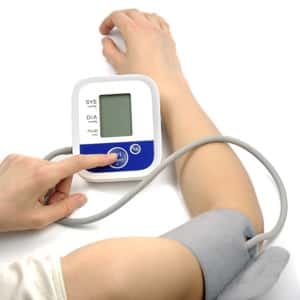
What accounts for differences in blood pressure? A new analysis from the National Heart, Lung and Blood Institute Working Group suggests that the ecology of bacteria in our digestive tracts may play a significant role. Will your microbiome boost your blood pressure?
How Could Your Microbiome Boost Your Blood Pressure?
In animals, changes in the ratio of intestinal bacteria from Firmicutes and Bacteroidetes are linked to elevated blood pressure. Actually, animals with a gut bacteria ratio that predisposed them to hypertension also had changes in the structure of the intestinal wall. Increased intestinal permeability (aka “leaky gut”) may result. Laboratory animals with high levels of the short-chain fatty acids produced by gut microbes had lower blood pressure. This does depend to some extent, however, on the rodents’ genetic makeup.
Does this mean that your microbiome could be controlling your blood pressure? There is not yet enough data to tell for sure, but it looks like that is a possibility. Bacteria in the mouth could also make a difference.
Nitric Oxide and Blood Vessels:
Some micro-organisms help produce nitric oxide from nitrate-rich foods. (Beet roots, beet greens and dark chocolate are among the foods that have been studied in this regard.) Nitric oxide helps relax blood vessels and lowers blood pressure. When those microbes are missing, the result may be less nitric oxide in circulation and higher blood pressure as a result.
Antiseptic mouthwash may wipe out some of these nitric-oxide producing organisms and create an imbalance in the microbial ecology. With that hint, you might want to consider whether your mouthwash might help your microbiome boost your blood pressure.

